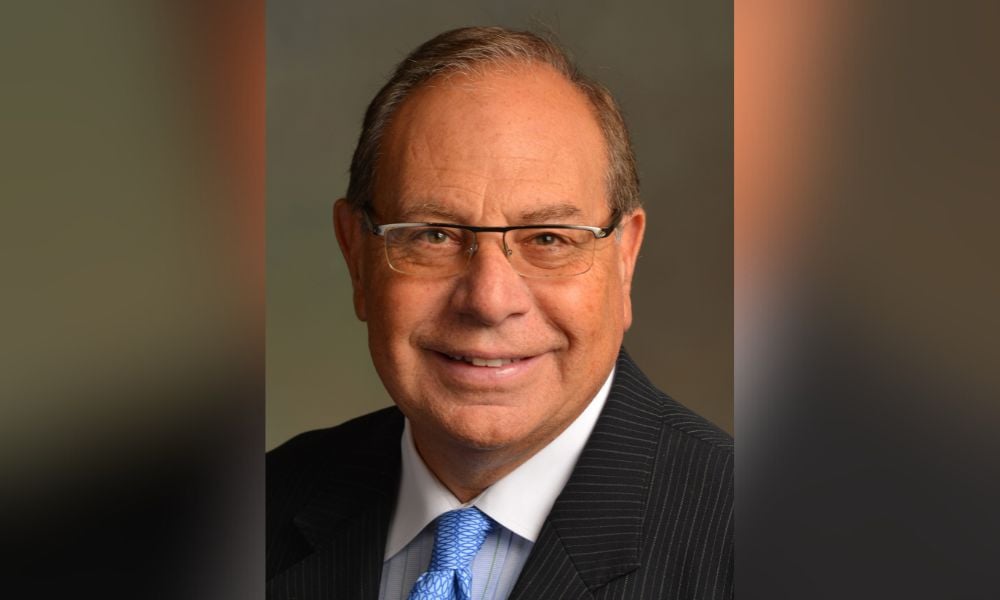'Today more than ever someone who wants to do business, they're more often doing business with an organization that's diverse'

When senior leaders are truly accountable for the organization’s DEI efforts, that’s when it has the best chance to succeed, found a survey.
But when an organization is not diverse and inclusive, stagnation and groupthink can creep in.
The Chartered Professionals in Human Resources (CPHR) Canada recently conducted a survey to find out some attitudes around this issue. It heard from 1,328 HR professionals in January and February.
The most diversified organizations see 81% of leaders supporting initiatives and 70% focus on hiring from diverse communities, found the survey. As well, 67% of these organizations offer DEI training throughout the organization.
“When I look at accountability, it starts and rests with senior leadership: they’ve got to not only speak to it but walk the talk and ensure that their actions and their behaviour in any policy setting that they make diversity, equity inclusion around everything that they do. That then cascades down to other leaders within the organization,” says Anthony Ariganello, CEO at CPHR B.C. and Yukon and CPHR Canada.
“Accountability rests with everyone including HR but it starts at the top, and then it flows through.”
The first annual survey on DEI will hopefully be revisited, according to Ariganello in order to keep tabs on this “important” topic.
“We hope to redo this study annually just to see if things have moved, things have changed so that we see and understand the impact on the DEI is having on organizations and also on our profession specifically because in many cases, HR is asked to lead initiatives relating to best practices on DEI and implement strategy,” says Anthony Ariganello, CEO at CPHR B.C. and Yukon and CPHR Canada.
The business cost of not being diverse
Besides the positives uncovered at inclusive companies, when efforts are not taken, the risks are clear, found the survey, as 70% feared homogeneity or groupthink, 61% felt they would lose access to good talent and 55% saw a loss of current employees under this scenario.
“On retention, 93% of respondents from well-diversified companies said that the secret to retention is that and where you’re not as diversified retention is lower. So that’s a big red flag,” says Ariganello.
“If you want to preserve people; keep people happy working, there’s a key element there.”
Mental health has become a big concern for HR professionals not only for employees, but HR people as well, says Ariganello referencing an earlier CPHR survey that showed 80% of professionals are experiencing burnout.
“This study specifically pointed out that well-diversified companies actually deal with it better than those that do not. It’s because those organizations have stronger worker engagement plans that destigmatize mental health issues, and they increase engagement: how do we make people happy? How do we give them support mechanisms to make sure that if there’s challenges, they’re able to deal with it?”
For those organizations doing well with diversity and inclusion, the benefits are numerous, he says.
“You’re really improving your workplace culture. I think that’s clear in terms of the data and also what that does is, people see that it’s fun to work in an organization like this because there’s opportunities, and everyone is seen as an equal.”
This can also be demonstrated in the marketplace, making a company’s product or service that much more attractive, according to Ariganello
“Today more than ever someone who wants to do business, they’re more often doing business with an organization that’s diverse, and if you’re able to promote that and publicize that and advertise that you’re hiring. You’re looking at your board as an example, you look at your employee mix: those are all selling features to want to do business with an organization like that.”
Almost half of employers are engaging in non-inclusive behaviours, found another survey.
HR should take ownership of DEI
Leadership around DEI success must reside in HR, he says.
“Now that we’re in the middle of the table, we need to own it and take it upon us to make sure that this whole theme around DEI and making efforts and significant policy changes to the way we act, behave and demonstrate and showcase that is really important. That means engaging all levels of senior management and then cascading it down to all employees.”
“That’s really paramount for HR to take that lead and making sure that we buy and secure engagement at all levels, starting with the C-suite and then cascading down,” says Ariganello.
It’s also key to avoid strictly “symbolic” actions when promoting diversity.
“Yes, we can have a holiday, I get that. Yes, let’s wear orange one day [to honour truth and reconciliation] but what about change? What are we doing for individuals that need support, for example, and are we are we ensuring that our policies when we recruit — whether it’s for a board position or for an employee — that our ads, everything that we publish, we demonstrate that we are inclusive and that we welcome inclusiveness.”




